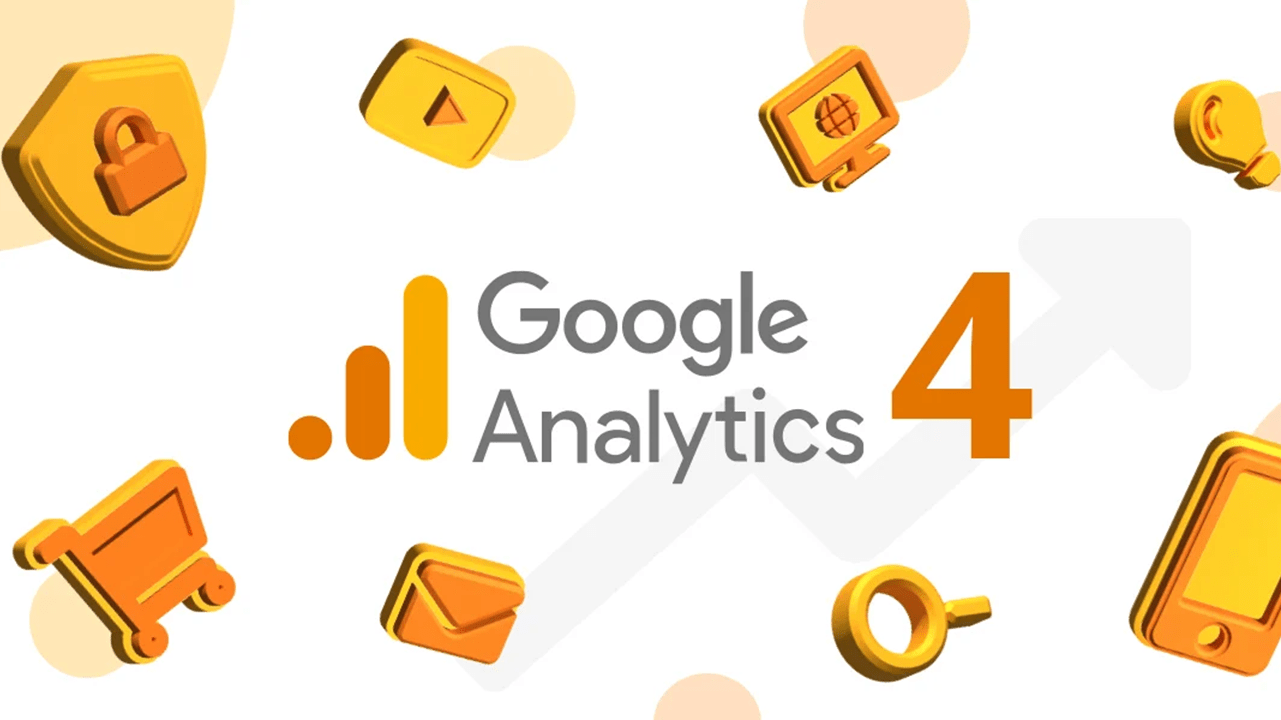Time to Welcome Google Analytics 4 as Google Analytics 3 will Stop Working on July 1, 2023

In a major announcement for SEO experts, Google has recently informed that Google Analytics 3 will stop collecting new data from July 1, 2023 onwards. This news has created a stir among the SEO community, as Google Analytics 3 has been the go-to platform for web analytics for over a decade now.
Google Analytics 3, also known as Universal Analytics, was introduced in 2012, and has been the backbone of web analytics for many businesses since then. However, with the advancement of technology and changing user behavior, Google has now launched a new analytics platform, Google Analytics 4, which is built to cater to the changing ecosystem.
The Difference Between Google Analytics 3 and Google Analytics 4
Google Analytics 3 was designed for desktop web measurement and used cookies to collect data. It relied on independent sessions to track user behavior, which meant that users were counted as different sessions if they used multiple devices or platforms to access a website. This resulted in fragmented data that was difficult to analyze and led to an incomplete view of the customer journey.
Google Analytics 4, on the other hand, uses an event-based data model that allows businesses to track user behavior across platforms and devices. It provides a unified view of the customer journey, which helps businesses understand how users interact with their website or app.
Moreover, Google Analytics 4 is designed to be privacy-first, which means that it provides more comprehensive and granular controls for data collection and usage. It does not store IP addresses, which is a necessary adjustment required by data privacy regulations in many locations. This makes it compliant with data privacy laws and regulations across the globe.
How Google Analytics 4 can Help Your Business
Google Analytics 4 has several features that can help businesses improve their web analytics and gain insights into user behavior. Some of the key benefits of using Google Analytics 4 are:
1. Understand Your Customers Across Touchpoints
With Google Analytics 4, businesses can get a complete view of the customer lifecycle with an event-based measurement model that is not fragmented by platform or organized into independent sessions. This helps businesses understand how users interact with their website or app across different touchpoints, and how they can optimize the user experience to improve engagement and conversions.
2. Improve ROI with Data-driven Attribution
Google Analytics 4 uses data-driven attribution to analyze the full impact of your marketing across the customer journey. This helps businesses understand which channels and campaigns are driving conversions and ROI, and how they can optimize their marketing efforts to improve performance.
3. Measure Engagement and Conversions
Google Analytics 4 is designed with business and compliance needs in mind. It provides country-level privacy controls that enable businesses to manage and minimize the collection of user-level data, like cookies and metadata, while preserving key measurement functionality. This helps businesses comply with data privacy laws and regulations, while still gaining insights into user behavior and conversions.
4. Get Greater Value from Your Data
Google Analytics 4 uses machine learning to provide predictive insights about user behavior and conversions. This helps businesses understand how users are likely to behave in the future, and how they can optimize their website or app to improve engagement and conversions.
5. Easily Activate Your Insights
Google Analytics 4 provides expanded integrations with other Google products, like Google Ads, making it easier to optimize your campaigns. This helps businesses get more value from their data and insights, and improve their marketing performance.
What to Do Now
If you are currently using Google Analytics 3, it is important to start planning your migration to Google Analytics 4 as soon as possible. From July 1, 2023, all standard Universal Analytics properties will stop processing new hits, and from October 1, 2023, 360 Universal Analytics properties will do the same. This means that after these dates, Google Analytics 3 will no longer collect new data, and businesses will not be able to access real-time analytics data from this platform.
To avoid losing data and insights, businesses need to migrate to Google Analytics 4 before these dates. Google has provided a step-by-step guide to help businesses migrate to Google Analytics 4, and it is recommended that businesses start the migration process as soon as possible to avoid any disruptions to their web analytics data.
While migrating to Google Analytics 4 may seem like a daunting task, it is important to note that this platform offers several benefits that can help businesses gain valuable insights into user behavior and improve their web analytics. By migrating to Google Analytics 4, businesses can gain a more complete view of the customer journey, improve ROI with data-driven attribution, and comply with data privacy laws and regulations.
Conclusion
Google Analytics 3 has been a popular web analytics platform for many businesses over the years, but with the changing ecosystem and advancement of technology, it is time to move on to a more advanced and privacy-first analytics platform like Google Analytics 4. With its event-based data model, machine learning capabilities, and comprehensive privacy controls, Google Analytics 4 offers businesses a more complete view of the customer journey and insights into user behavior. So, it’s time to bid adieu to Google Analytics 3 and embrace Google Analytics 4 for better web analytics and insights.
FAQs
- Why is Google Analytics 3 stopping new data collection?
Google Analytics 3 is stopping new data collection because it is becoming obsolete in the face of changing technology and user behavior. Google Analytics 4 is designed to cater to the changing ecosystem and provides a more complete view of the customer journey. - How can businesses migrate to Google Analytics 4?
Google has provided a step-by-step guide to help businesses migrate to Google Analytics 4. It is recommended that businesses start the migration process as soon as possible to avoid any disruptions to their web analytics data. - What are the benefits of using Google Analytics 4?
Google Analytics 4 offers several benefits, including a more complete view of the customer journey, data-driven attribution, and comprehensive privacy controls. - Can businesses still access their data from Google Analytics 3 after July 1, 2023?
Yes, businesses can still access their previously processed data in Universal Analytics for at least six months after July 1, 2023. - Will migrating to Google Analytics 4 be difficult?
Migrating to Google Analytics 4 may seem like a daunting task, but Google has provided a step-by-step guide to help businesses through the process. It is recommended that businesses start the migration process as soon as possible to avoid any disruptions to their web analytics data.
Recommended Posts

Peter & Sons Alliance with iGaming Deck
May 20, 2024

Overview of Business Finance in Malta
May 17, 2024

How to Start Your Malta Business Journey
May 17, 2024



